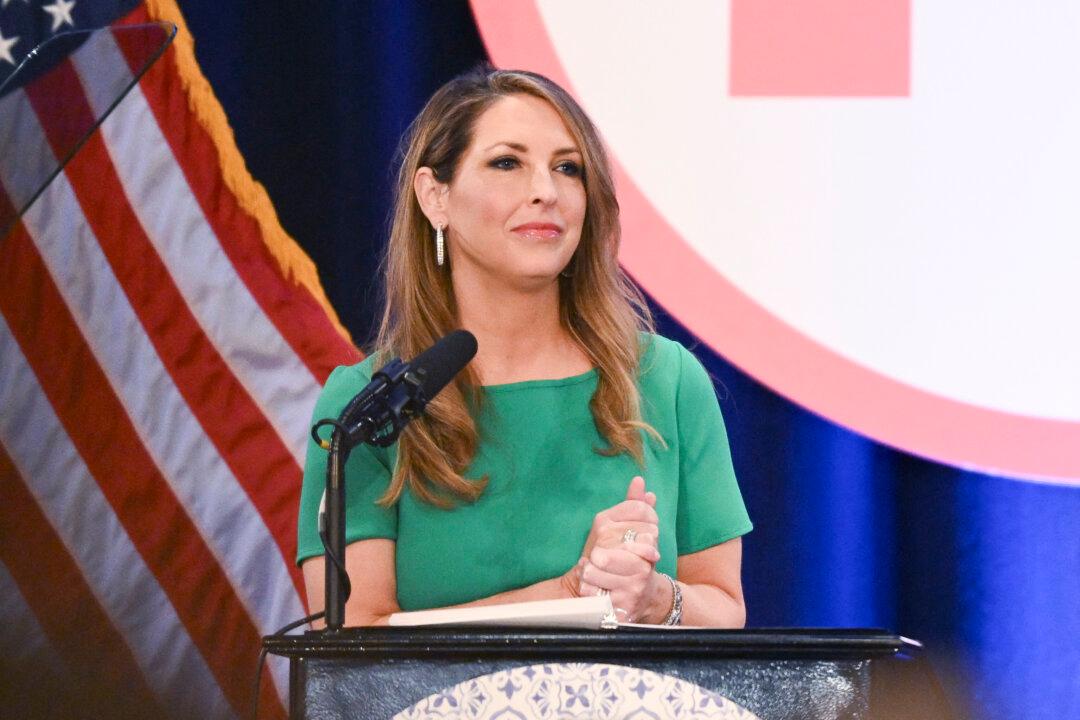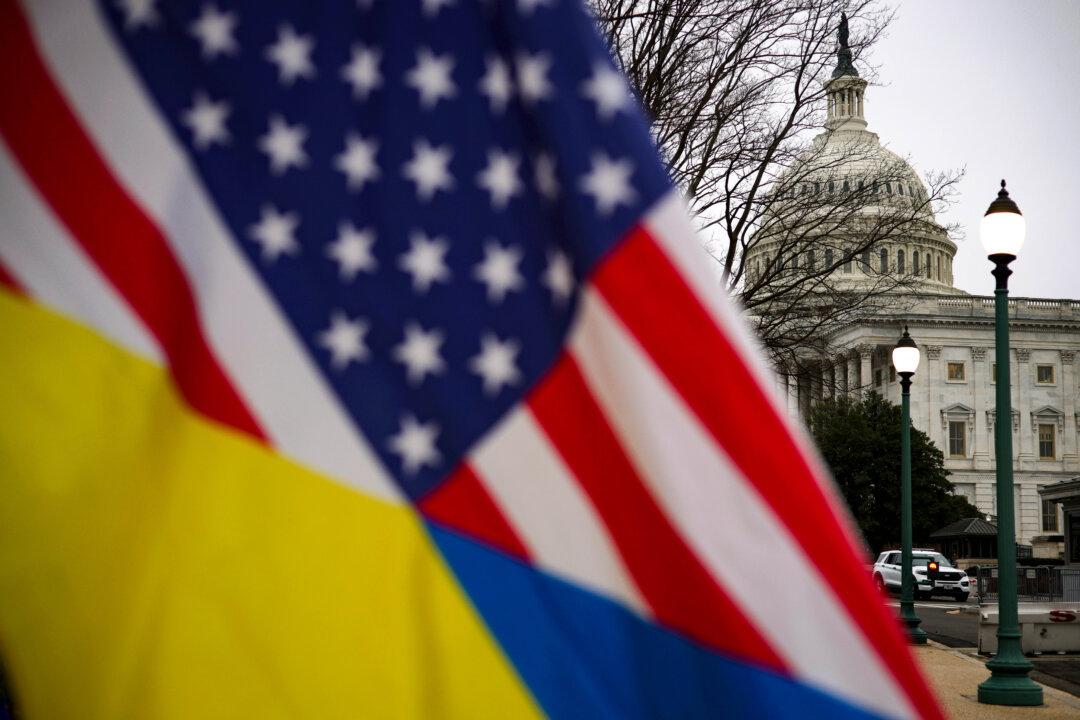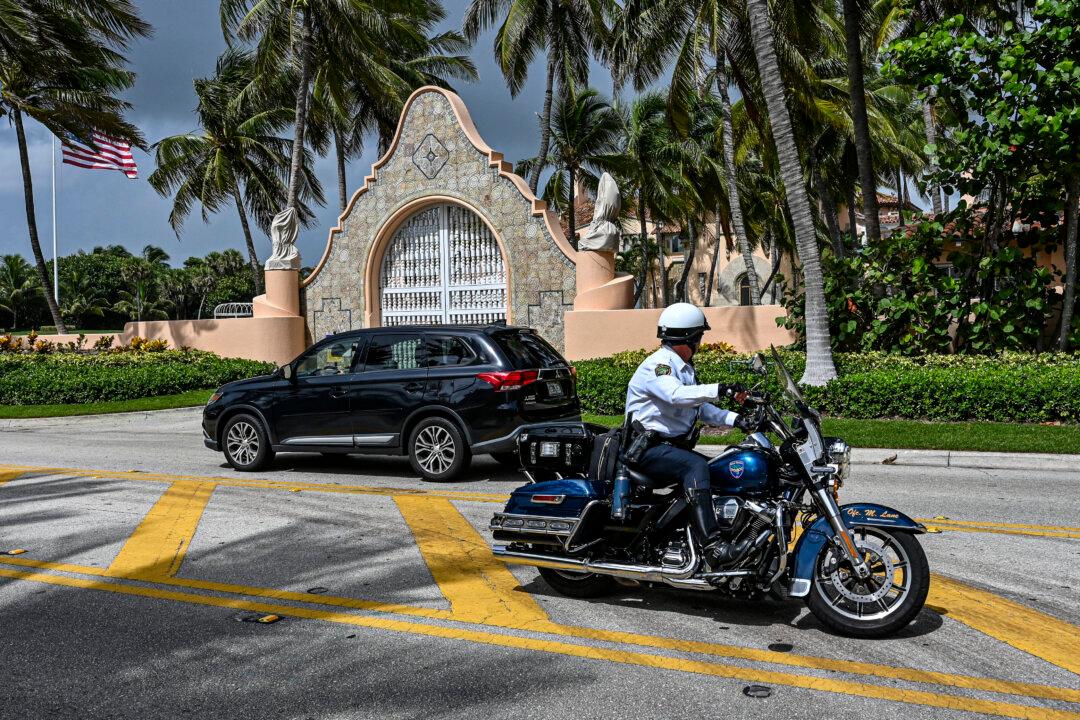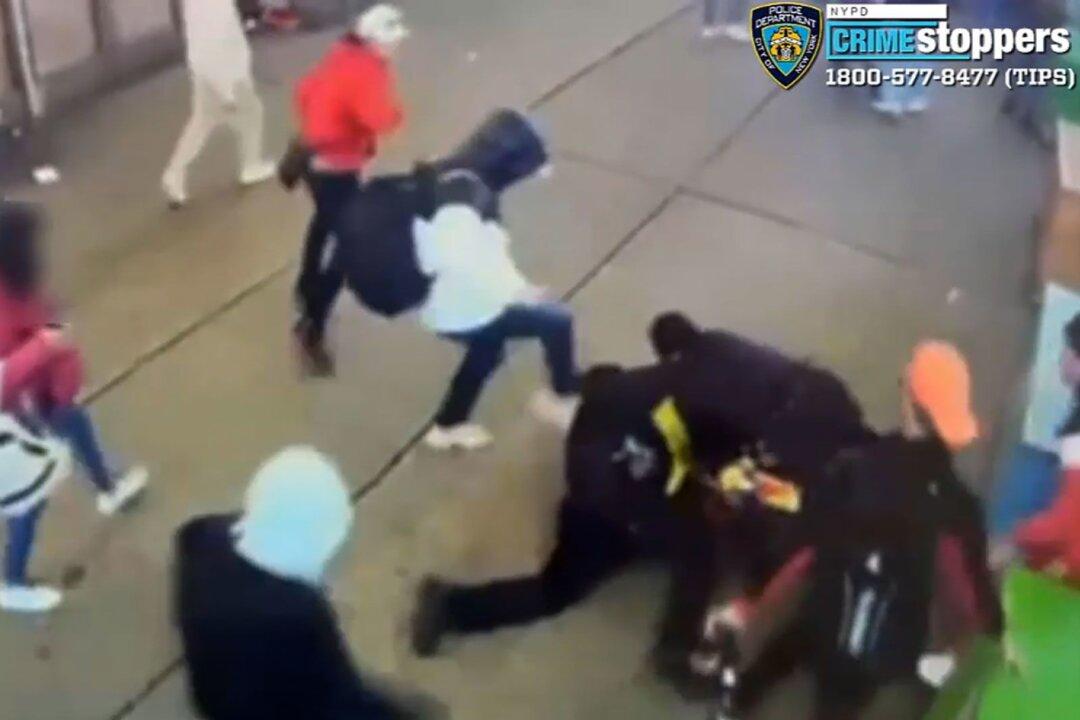Facebook on Sunday labeled an apparently manipulated video of U.S. House Speaker Nancy Pelosi (D-Calif.) as “partly false information.”
“The information in this post is a mix of true and false statements or it could simply be incomplete. In some cases, the information is misleading,” the social media company said, citing fact-checks from Reuters Fact Check and Lead Stories.





